Product Overview
† commercial product
Phentermine HCl is a prescription sympathomimetic amine anorectic used short-term as part of the management of exogenous obesity. It acts by suppressing appetite and stimulating the central nervous system in a manner similar to amphetamine-class drugs. Initially introduced in 1959, phentermine in its hydrochloride form has been used since the 1970s for weight-loss therapy.[1] It is intended for individuals with obesity, typically defined as a BMI of ≥ 30 kg/m² or ≥ 27 kg/m² with weight-related comorbidities, and is prescribed alongside dietary modifications and exercise. A valid prescription is necessary, and phentermine is classified as a Schedule IV controlled substance due to its potential for abuse and dependence.[2]
Phentermine maintains a long-standing record in obesity treatment, receiving FDA approval as a resin complex in 1959 and then as a hydrochloride salt in 1973 for short-term weight management.[1] In the mid-1990s, it was infamously combined with fenfluramine (“Fen-Phen”), which was linked to cardiac valvular disease and pulmonary hypertension. These adverse outcomes were attributed to the serotonergic properties of fenfluramine, leading to its market withdrawal in 1997.[3] When used alone at recommended doses, phentermine has not been associated with such valvular or pulmonary complications, since it lacks direct agonism at the 5-HT₂B receptors implicated in fenfluramine’s toxicity.
Phentermine remains widely prescribed by itself for short courses, and in 2012 it was FDA-approved in combination with topiramate for chronic weight management. However, phentermine monotherapy remains indicated only for relatively brief use (several weeks up to 12 weeks) and is discontinued thereafter to mitigate tolerance and side effects.[1] Treatment should always be overseen by a qualified healthcare provider, with concurrent attention to diet, exercise, and behavioral strategies to support lasting weight loss.
The recommended adult dosage is 15-37.5 mg once daily, taken in the morning before breakfast or 1-2 hours after it.[2] The maximum recommended dose is 37.5 mg per day, either as a single dose or split doses. Extended-release forms allow once-daily intake; immediate-release may be split if needed, but evening doses are avoided to prevent insomnia.[8] Treatment duration typically ranges from 8 to 12 weeks-occasionally cycles may be repeated-under physician supervision.[1] Dose escalation is discouraged if tolerance develops; therapy is generally discontinued rather than increased. Renal or hepatic impairment may necessitate lower starting doses. Throughout treatment, monitoring of weight, heart rate, and blood pressure is essential. A benchmark for clinical response is loss of at least 3-4 kg in the first month; if that is not achieved, ongoing use should be reevaluated.
Phentermine reduces weight primarily through central appetite suppression. It operates as an indirect-acting sympathomimetic, triggering the release of norepinephrine from presynaptic vesicles in the lateral hypothalamus. This increase in norepinephrine stimulates β-adrenergic receptors in the brain’s satiety center, inducing a stress-response signal that diminishes hunger. Dopamine release is also increased to a lesser degree, contributing to mild stimulant and reward effects, while serotonin levels are influenced only weakly.[4] Unlike fenfluramine, phentermine does not directly activate serotonin receptors in cardiac valves.
It may also suppress neuropeptide Y (NPY), which normally stimulates appetite. These mechanisms combined produce effects comparable to those of amphetamines: lessened hunger, heightened alertness, and mild euphoria, accompanied by elevations in blood pressure and heart rate. Over a few weeks, neuroadaptation often leads to reduced efficacy (tolerance). If reduced weight loss occurs despite continued use, increasing the dose is not advised; rather, the medication should be discontinued. Phentermine does not directly increase metabolism or lipolysis-its primary mechanism is caloric reduction via appetite control. At very high concentrations, it may inhibit monoamine oxidase slightly, but this effect is not clinically relevant at typical doses.[4] It is formally categorized as a “Sympathomimetic Amine Anorectic.” In summary, phentermine simulates a stress-like signal in the appetite-control centers of the brain, which produces reduced hunger and satiety with smaller meal portions.
Phentermine is contraindicated in individuals with certain health conditions where its stimulant effect may pose serious risk. These conditions include cardiovascular disease (such as coronary artery disease, stroke, life-threatening arrhythmias, congestive heart failure, or untreated hypertension), advanced arteriosclerosis, hyperthyroidism, glaucoma, psychiatric agitation or psychosis, recent or concurrent MAOI therapy (within 14 days), history of drug abuse, pregnancy, breastfeeding, pediatric patients under 16, and concurrent use of other weight-loss medications. These contraindications are based on established clinical and pharmacological concerns.[5][6][7]
Phentermine has several important drug interactions. Concurrent MAOI therapy or recent MAOI use can trigger a hypertensive crisis due to excessive catecholamine accumulation.[6] Other stimulants or anorectics-such as amphetamines, methylphenidate, or decongestants containing ephedrine or pseudoephedrine-can cumulatively elevate cardiovascular risk. Phentermine may also amplify the pressor effects of ergot alkaloids or tricyclic antidepressants, necessitating avoidance. Although serotonin syndrome is theoretically possible with SSRIs or SNRIs, practical use suggests careful monitoring can permit safe combination.[9]
Phentermine can counteract antihypertensive medications and reduce their effectiveness, and it can alter insulin or oral hypoglycemic requirements in diabetic patients due to weight loss. Alcohol can intensify phentermine-related side effects and impair judgment, and discontinuation is advised during therapy.[8] In surgical contexts requiring general anesthesia, phentermine is typically stopped several days before the procedure to prevent arrhythmia or blood pressure instability.[9]
The common side effects of phentermine are primarily driven by its stimulant properties. These include cardiovascular responses (tachycardia, palpitations, elevated blood pressure), central nervous system symptoms (insomnia, restlessness, jitteriness, dizziness, tremors, headache), mood changes (euphoria or irritability), and gastrointestinal effects (dry mouth, unpleasant taste, constipation, occasional diarrhea).[10] Sexual side effects like impotence or libido changes are less common. Rare allergic reactions such as hives or facial swelling can occur. Psychological adverse reactions-including severe irritability or psychotic symptoms-are possible, particularly with excessive use or in vulnerable individuals.[7]
Serious but rare complications include primary pulmonary hypertension or valvular heart disease, previously seen with Fen-Phen but not definitively linked to phentermine alone.[3] Patients should report symptoms such as new shortness of breath, chest pain, syncope, or leg swelling immediately. Additionally, significant hypertension or arrhythmias warrant discontinuation. Stroke or myocardial infarction is extremely rare but possible in vulnerable patients. Tolerance and physical dependence may develop, and withdrawal symptoms (fatigue, depression) can follow abrupt cessation after high-dose or prolonged use.[7] Most side effects remain mild to moderate when phentermine is used short-term under medical oversight, but patients should be closely monitored for cardiovascular or psychological changes.
Phentermine is contraindicated during pregnancy and breastfeeding. Classified as FDA Pregnancy Category X, it poses definite fetal risk with no medical benefit.
In pregnant women, maternal weight loss is harmful to fetal development, and amphetamine-like drugs may affect fetal growth. If pregnancy occurs during treatment, phentermine should be stopped immediately, and the patient should be informed of the risks.
Breastfeeding is also contraindicated due to the likelihood of drug transmission via milk and potential infant side effects.[11]
Women of reproductive potential should use effective contraception while on phentermine and discontinue the drug before trying to conceive.
Phentermine HCl capsules and tablets should be stored at room temperature (20-25 °C or 68-77 °F), with allowable excursions between 15-30 °C.[12] They should be kept in their original tightly sealed, light-resistant container, and protected from moisture and excessive heat. Because phentermine has abuse potential, secure storage out of reach of children and others is advised. Do not flush or pour unused doses down drains; instead, participate in appropriate drug take-back programs or return unused medication to a pharmacy.
- Johnson, D. B., & Quick, J. (2023). Topiramate and Phentermine. StatPearls. NCBI Bookshelf. https://www.ncbi.nlm.nih.gov/books/NBK482165/
- Phentermine (Adipex P, Lomaira) - Dosing & Uses. (2025). Medscape Reference. https://reference.medscape.com/drug/adipex-p-lomaira-phentermine-343002
- Connolly, H. M., Crary, J. L., McGoon, M. D., et al. (1997). Valvular Heart Disease Associated with Fenfluramine-Phentermine. New England Journal of Medicine, 337(9), 581-588. https://www.nejm.org/doi/full/10.1056/NEJM199708283370901
- Phentermine - Mechanism of Action. (2025). PharmaCompass. https://www.pharmacompass.com/chemistry-chemical-name/phentermine
- Phentermine Hydrochloride Capsules USP, 37.5 mg - Label Information. (2025). DailyMed. https://dailymed.nlm.nih.gov/dailymed/lookup.cfm?setid=3b44d104-a7d0-4366-9d42-63f784f3cb22
- Donavon, B. J., & Quick, J. (2023). Topiramate/Phentermine - Contraindications and Interactions. StatPearls.
- Adipex P (phentermine) - Patient Information. (2025). Drugs.com. https://www.drugs.com/pro/phentermine.html
- Long Term Phentermine for Weight Loss Appears Safe, Effective. (November 2018). Medscape. https://www.medscape.com/viewarticle/904926
- Phentermine: Side Effects, Uses, Dosage, Interactions, Warnings. (2025). RxList. https://www.rxlist.com/phentermine/generic-drug.htm
- Teva Pharmaceuticals. (2013). Adipex P - Use in Specific Populations (Pregnancy & Nursing). DailyMed. https://dailymed.nlm.nih.gov/dailymed/lookup.cfm?setid=3b44d104-a7d0-4366-9d42-63f784f3cb22
- KVK Tech, Inc. (2010). Phentermine HCl Capsules - How Supplied/Storage and Handling. DailyMed. https://dailymed.nlm.nih.gov/dailymed/drugInfo.cfm?setid=d1d74574-9ebc-45fc-86e9-8cbd59acacd4
- Phentermine storage conditions (20-25 °C, excursions 15-30 °C). https://dailymed.nlm.nih.gov/dailymed/drugInfo.cfm?setid=b963f7bb-fa65-4e28-81c9-282fbe70a6a6
What is phentermine and how does it help with weight loss?
Phentermine is a prescription appetite suppressant that temporarily aids weight loss by releasing norepinephrine (and to a lesser extent dopamine) in the brain, which reduces hunger and increases alertness. It is used as a short-term adjunct to a reduced-calorie diet, exercise, and behavior modification.[4]
Who is an appropriate candidate for phentermine?
Adults with a BMI of 30 kg/m² or higher-or at least 27 kg/m² with weight-related comorbidities-who have not succeeded with lifestyle changes alone and who do not have contraindications such as heart disease, uncontrolled hypertension, glaucoma, hyperthyroidism, pregnancy, or a history of drug abuse.[2]
How long can I take phentermine?
Phentermine is approved for short-term use only, typically up to 12 weeks, with most protocols lasting 8 to 12 weeks. Extended use without supervision is not supported by evidence and may increase risk.[1]
How do I take phentermine correctly?
Phentermine should be taken as prescribed, usually once daily in the morning before or shortly after breakfast. Swallow capsules or tablets whole with water, maintain hydration, and follow dietary and exercise recommendations. Do not increase dosage or take missed doses late in the day to avoid insomnia and other side effects.[8]
What are the common side effects I might experience?
Commonly, users report dry mouth, increased heart rate, elevated blood pressure, insomnia, restlessness, jitteriness, headache, dizziness, and constipation. These are typically mild and manageable, easing as the body adapts.[10]
What serious risks or rare side effects should I be aware of?
Rare but serious risks include pulmonary hypertension, valvular heart disease, significantly high blood pressure, arrhythmias, and psychosis in predisposed individuals. Immediate medical attention is required for symptoms such as chest pain, unexplained shortness of breath, fainting, or extreme mood changes. Dependence or withdrawal symptoms can occur with misuse.[7]
Who should not take phentermine?
Phentermine must not be used by individuals with cardiovascular disease, uncontrolled hypertension, glaucoma, hyperthyroidism, psychiatric illness, pregnancy, breastfeeding, or a history of substance abuse. It also must not be combined with MAOIs or other stimulants or anorectic drugs.[5][6][7]
What medications or substances should be avoided when taking phentermine?
Do not take phentermine with MAO inhibitors, amphetamines, decongestants containing ephedrine or pseudoephedrine, or other weight-loss pills. Avoid excessive caffeine, alcohol, ergot alkaloids, tricyclic antidepressants, and certain antihypertensives. Always inform your provider of all medications and supplements.[6][8][9]
Is phentermine addictive, and can I become dependent on it?
Phentermine is a Schedule IV controlled substance with some potential for dependence. Responsible short-term use under medical supervision carries low risk, but misuse or prolonged use can lead to tolerance, psychological dependence, and withdrawal symptoms.[7]
Can I take phentermine during pregnancy or while breastfeeding?
No, phentermine is strictly contraindicated during pregnancy and lactation (FDA Category X). It may harm fetal growth or nursing infants and should be discontinued immediately if pregnancy occurs.[11]
What happens after I stop taking phentermine? Will I regain weight?
After stopping the medication, appetite suppression dissipates and old eating habits may return. To maintain weight loss, patients must sustain healthy diet and exercise habits developed during therapy. Some rebound hunger is normal, but sustainable lifestyle changes are crucial. In certain cases, alternate long-term treatments may be considered, but another course of phentermine should only occur under supervision.[1]
503A vs 503B
- 503A pharmacies compound products for specific patients whose prescriptions are sent by their healthcare provider.
- 503B outsourcing facilities compound products on a larger scale (bulk amounts) for healthcare providers to have on hand and administer to patients in their offices.
Frequently asked questions
Our team of experts has the answers you're looking for.
A clinical pharmacist cannot recommend a specific doctor. Because we are licensed in all 50 states*, we can accept prescriptions from many licensed prescribers if the prescription is written within their scope of practice and with a valid patient-practitioner relationship.
*Licensing is subject to change.
Each injectable IV product will have the osmolarity listed on the label located on the vial.
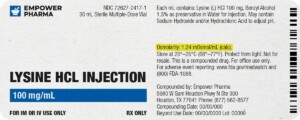
Given the vastness and uniqueness of individualized compounded formulations, it is impossible to list every potential compound we offer. To inquire if we currently carry or can compound your prescription, please fill out the form located on our Contact page or call us at (877) 562-8577.
We source all our medications and active pharmaceutical ingredients from FDA-registered suppliers and manufacturers.

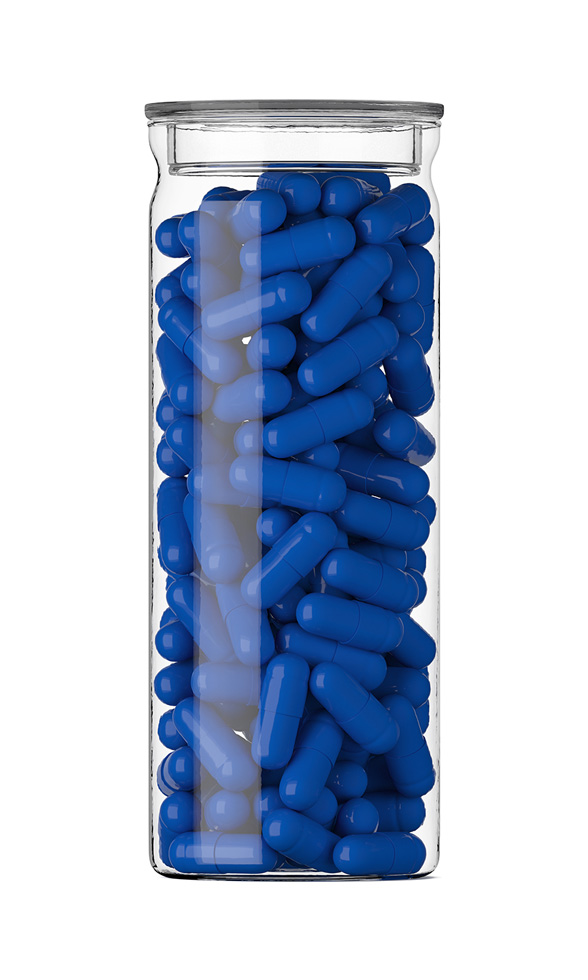
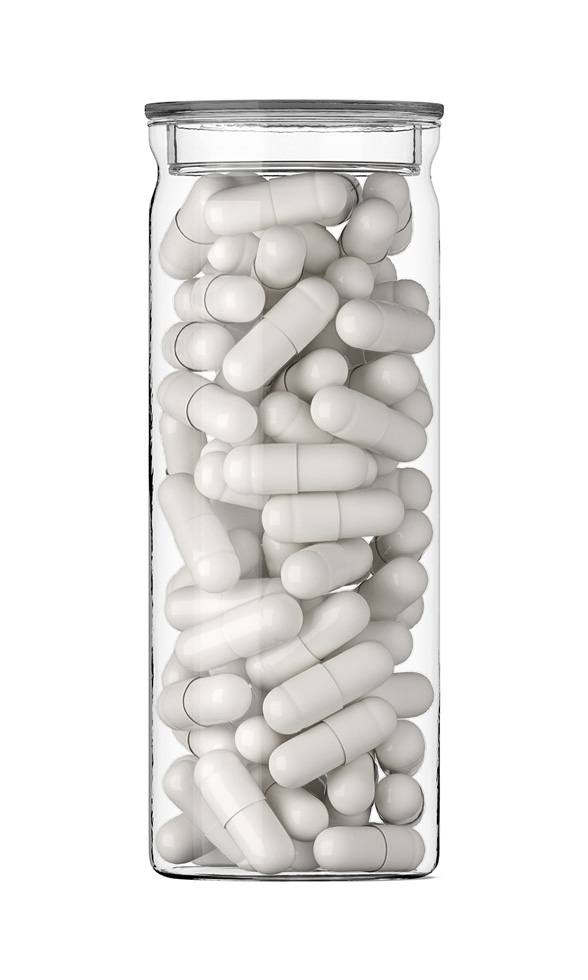
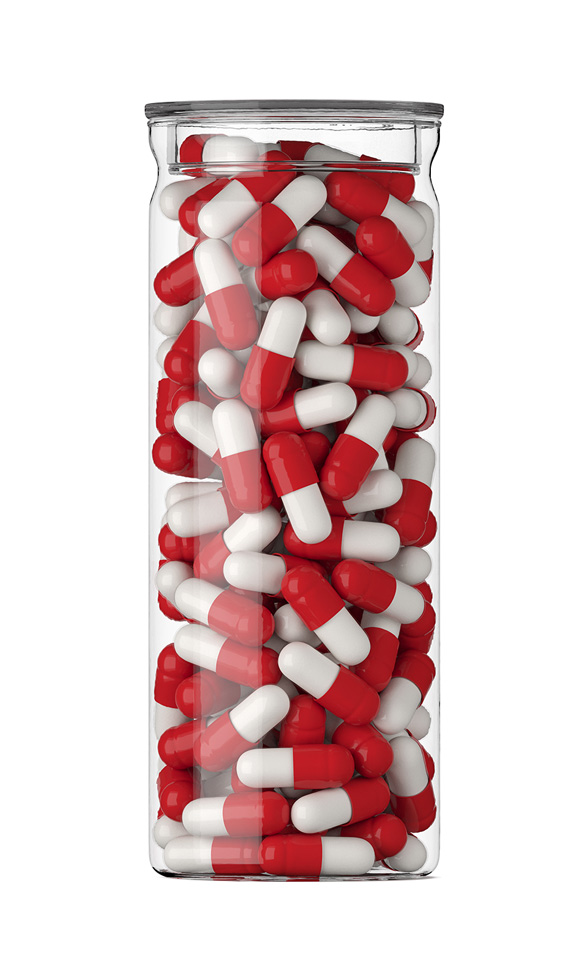
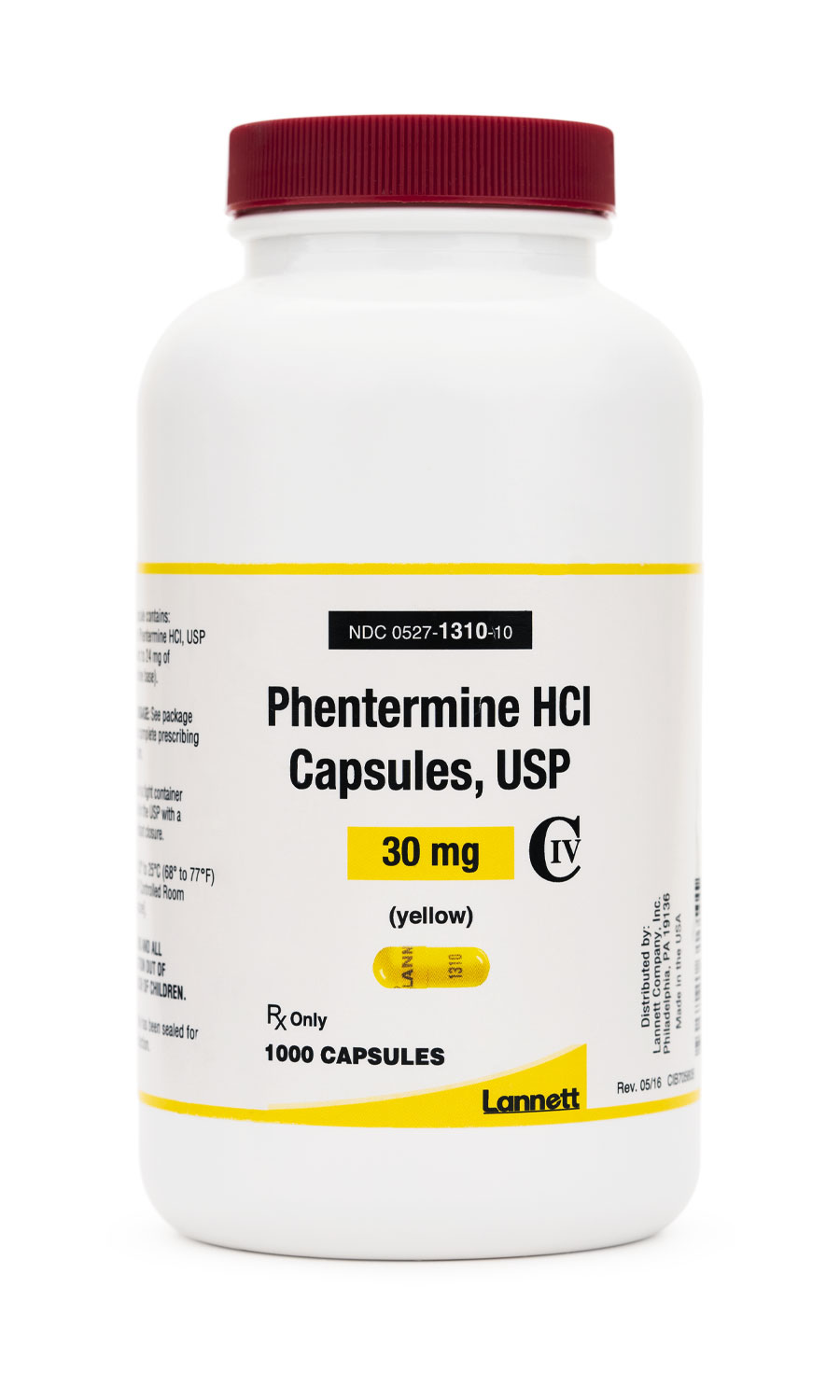
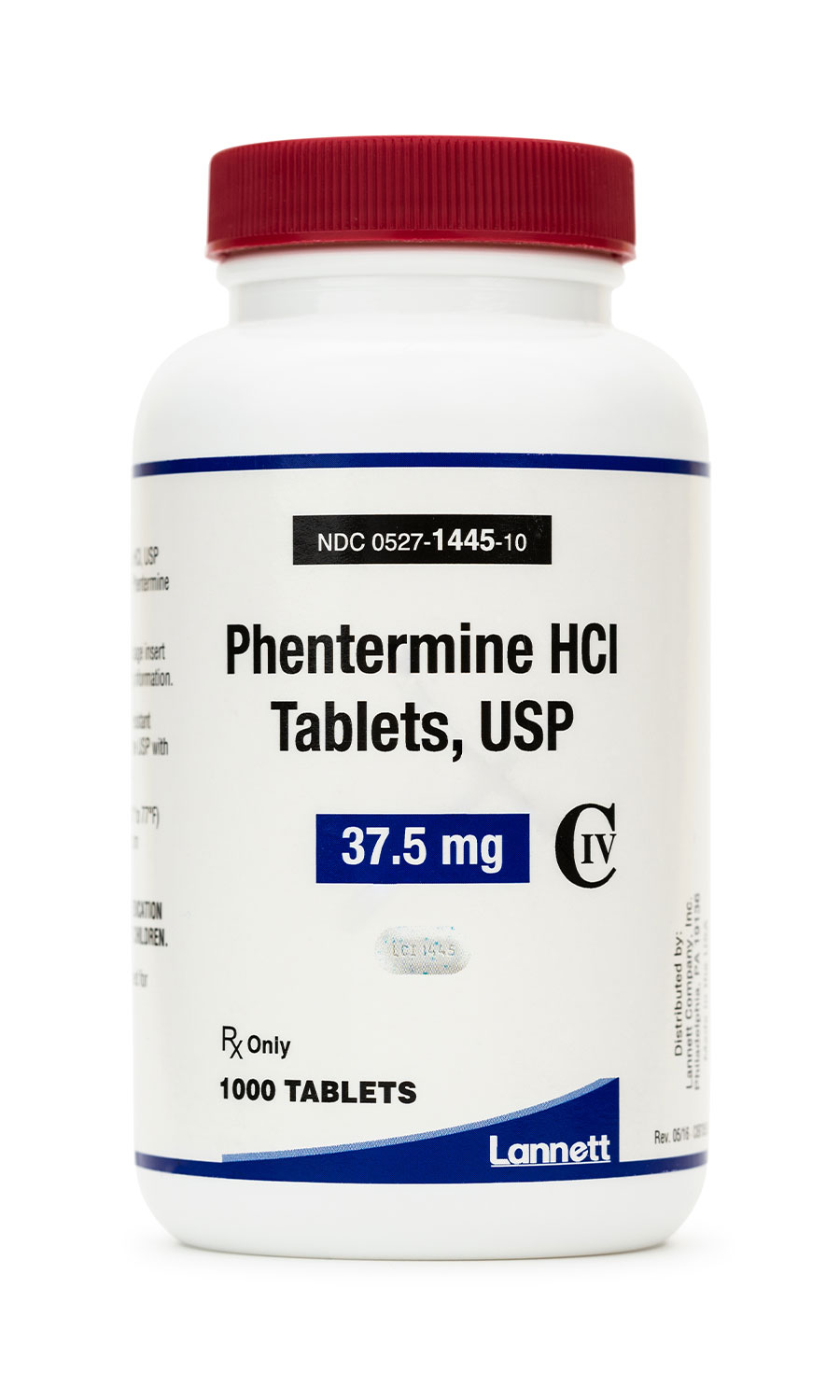
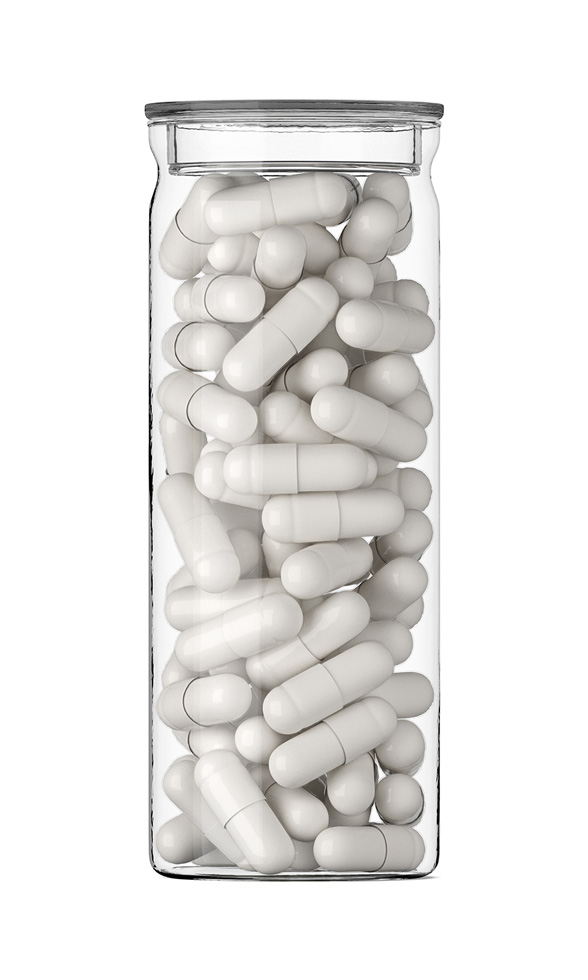 Phentermine HCl / Topiramate Capsules
Phentermine HCl / Topiramate Capsules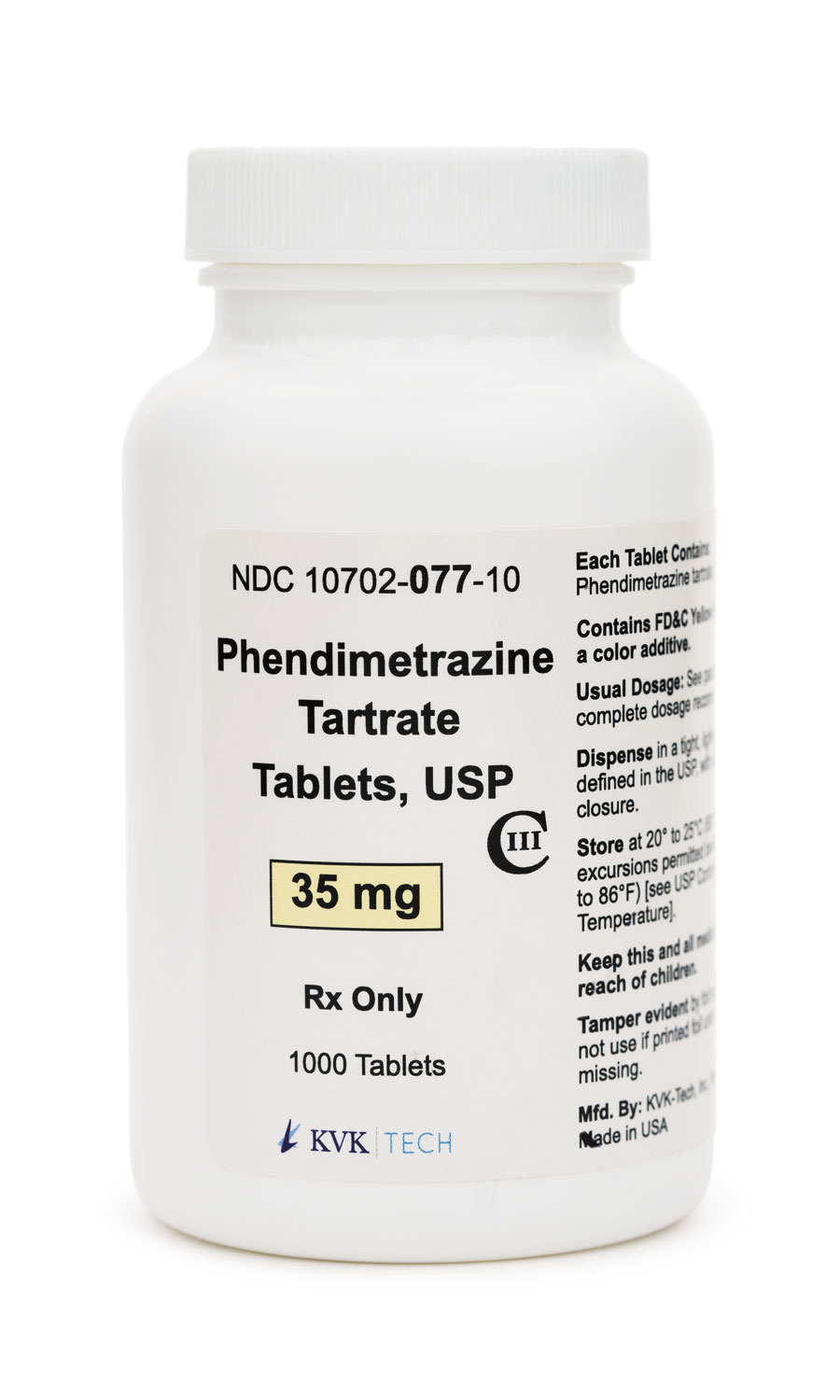 Phendimetrazine Tartrate Tablets
Phendimetrazine Tartrate Tablets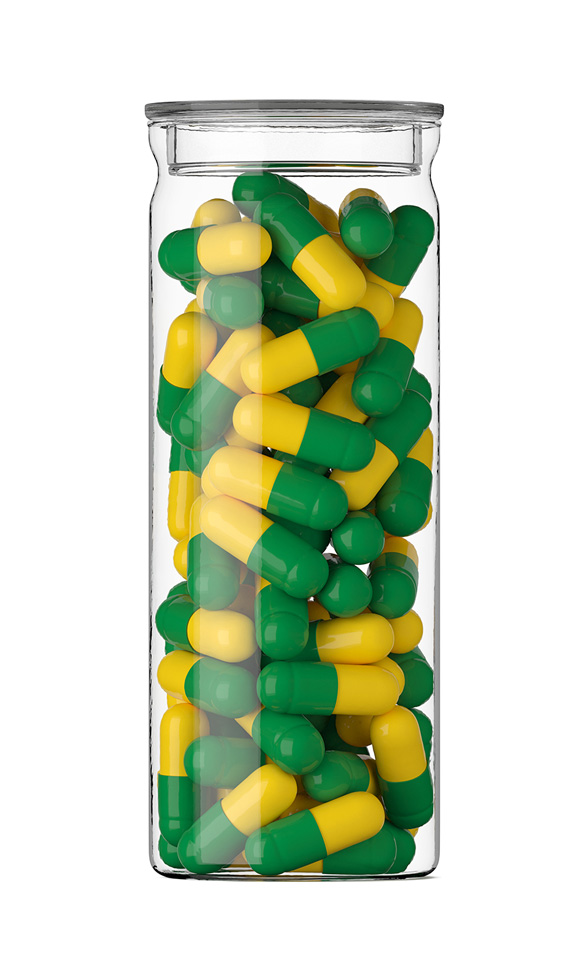 Bella Capsules
Bella Capsules Lipo Burn Capsules
Lipo Burn Capsules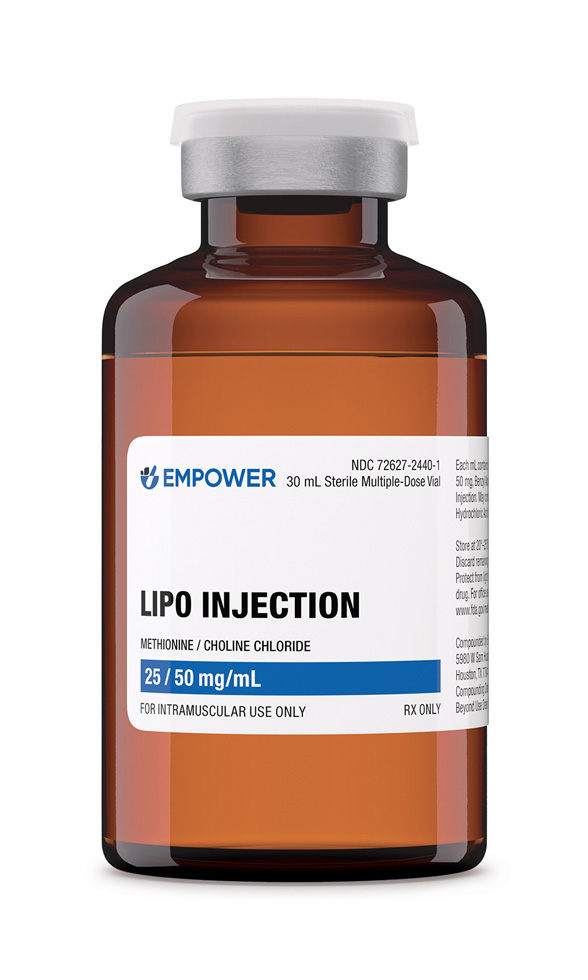 Lipo Injection
Lipo Injection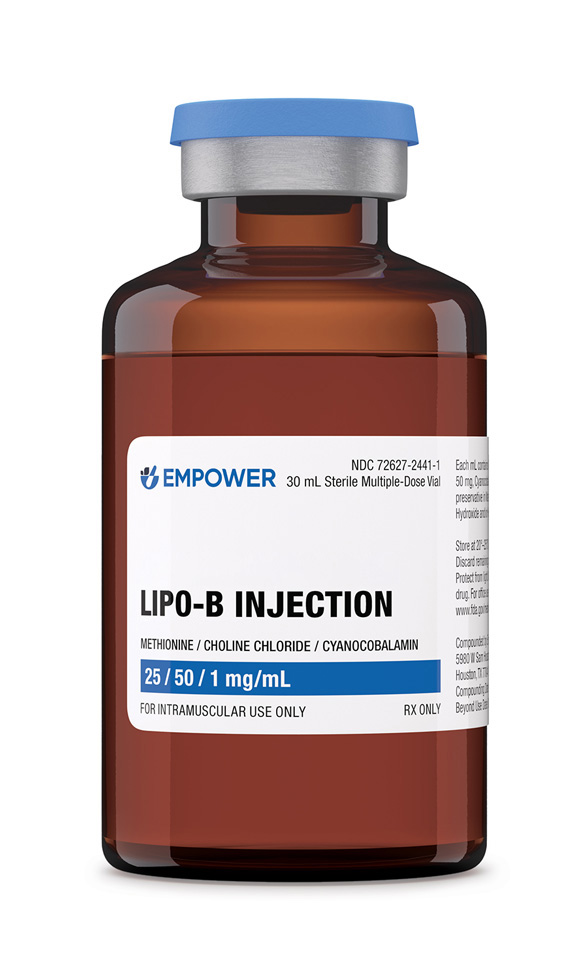 Lipo-B Injection
Lipo-B Injection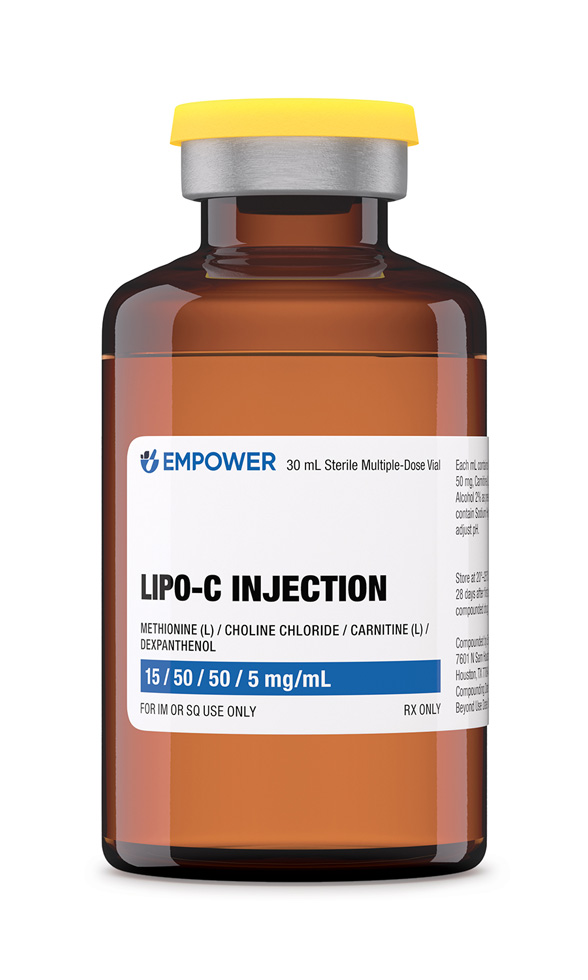 Lipo-C Injection
Lipo-C Injection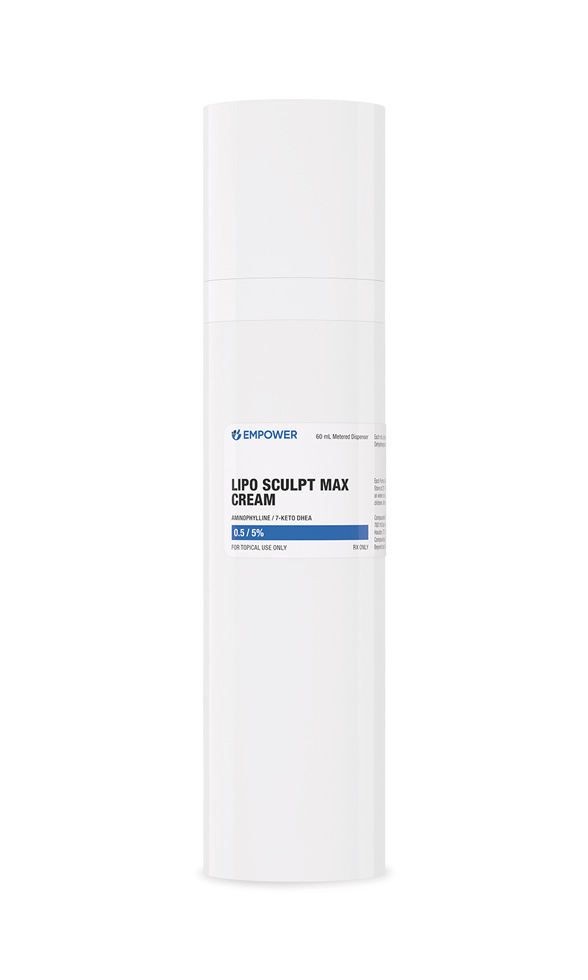 Lipo Sculpt Cream
Lipo Sculpt Cream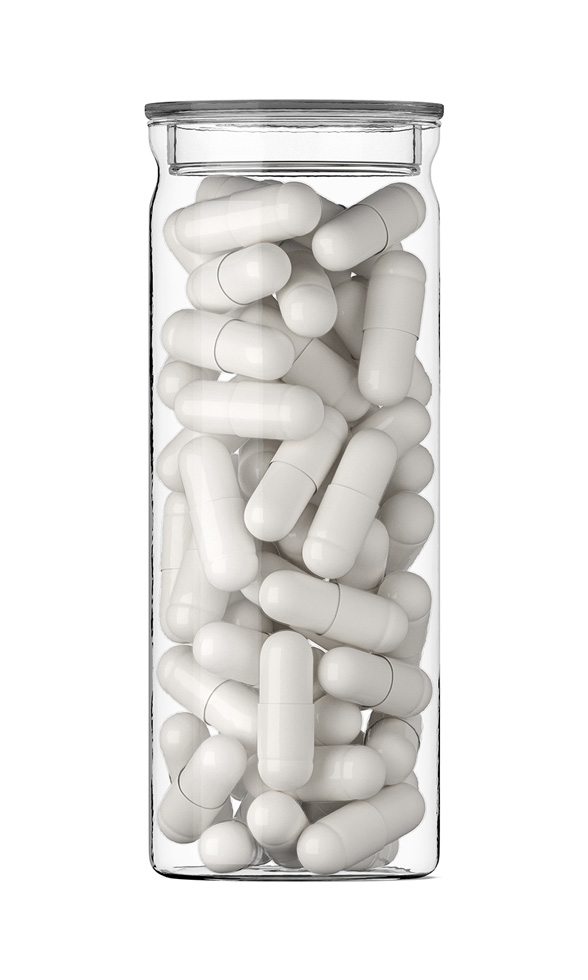 Metformin Synergy Capsules
Metformin Synergy Capsules